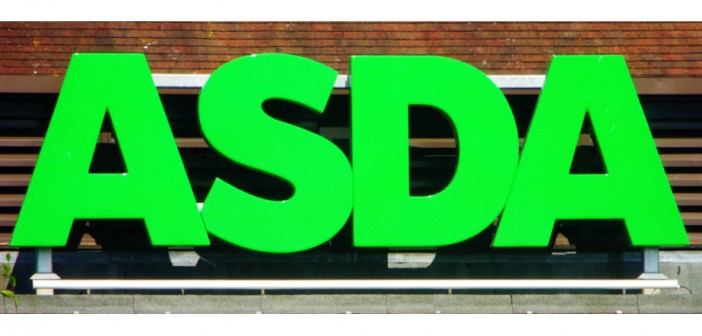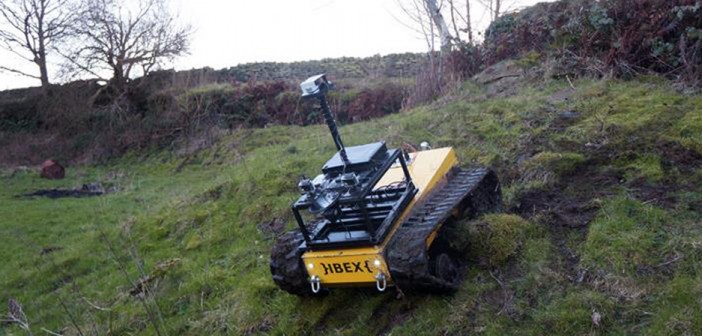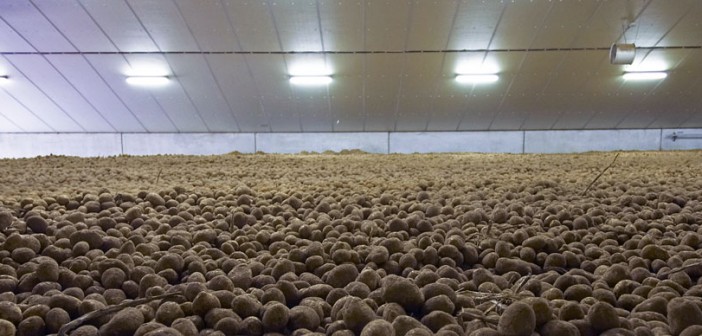New measures have come into place to protect the UK potato industry from the threat of Epitrix beetles.
EU emergency measures are already in place requiring potatoes moving from an effected area to be either washed or brushed to remove excess soil. However, there have been nine UK interceptions of Epitrix damaged potatoes, leading Defra to introduce a requirement, through the Plant Health (England) (Amendment) Order 2016, that all potatoes from Spain must be washed before being exported to the UK. This requirement came into effect on 24 February 2016. The aim is to kill or remove any Epitrix which might be present, as well as removing soil in which some life stages of the pest could be present.
Following a consultation by the Scottish Government in November last year, similar legislation will come into effect for Scottish landing ports from 21 March 2016.
Photo Credit: Defra (© Conceição Boavida Instituto Nacional de Recursos Biológicos, Portugal)
The post New measures to control Epitrix in Scotland appeared first on Hort News on 26 Feb 2016.


